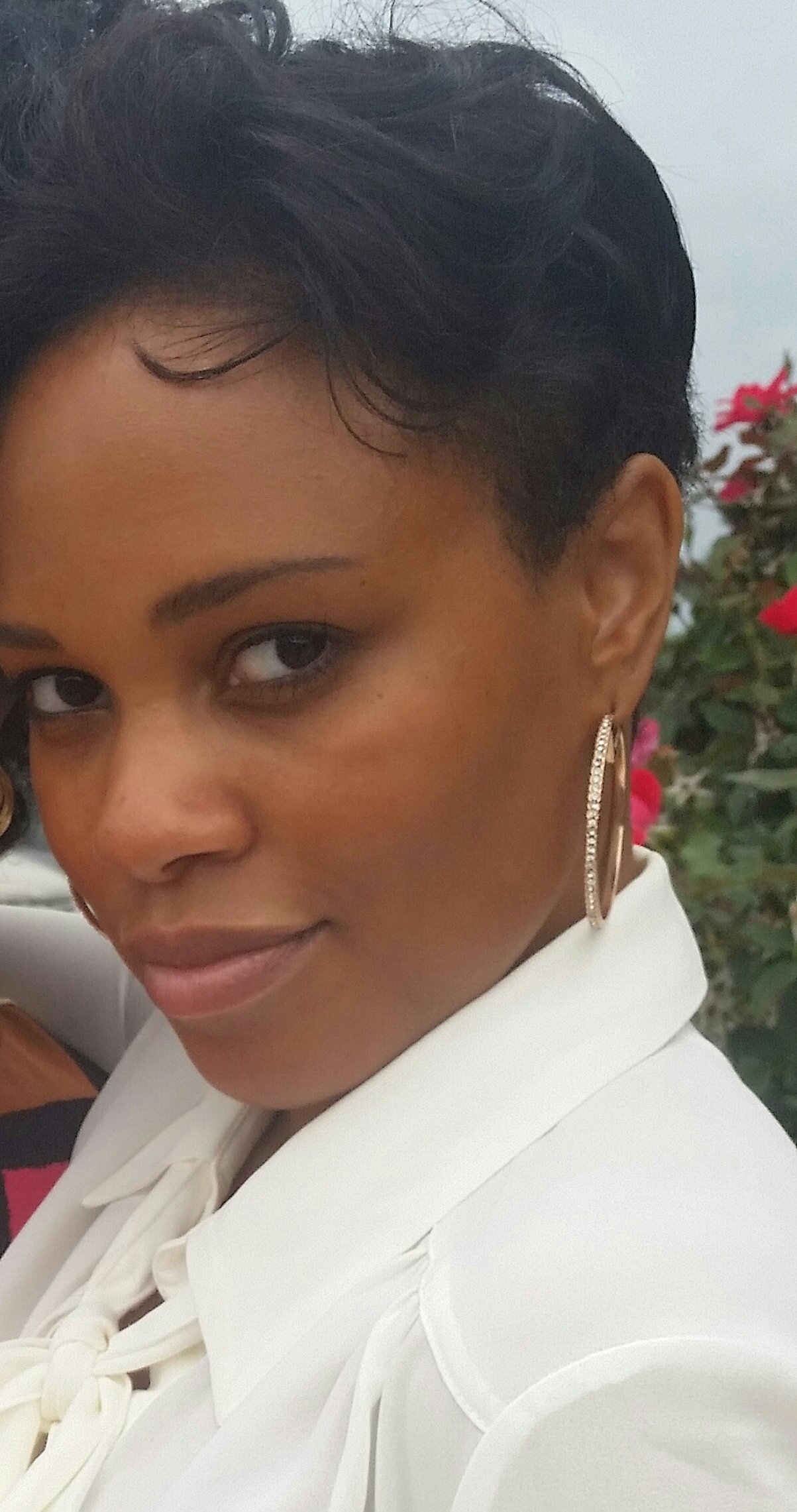Alesha Thomas: Welcome to another episode of today’s show. My name is Alesha Thomas. As women, we often feel the pressures of our day-to-day routines weighing heavily on us. For many, the expectation of being everything to everyone adds on to that stress. To help reduce the heavy load carried, more and more women are turning to life and empowerment coaches. These are certified professionals, who use motivation and counseling to help others reach a sense of clarity in order to move forward in life, while achieving personal success.
With me today is Niki Walker Brown, a women who does just that. Niki, thank you for joining us.
Niki Brown: Thank you so much, Alesha, for inviting me to be on. I’m excited to speak with you, as well as your audience.
Alesha Thomas: Niki, last year, I had the opportunity to go to a women’s conference, and this past year, I attended your annual women’s conference, or rather women’s movement. One thing that stuck with me at your event, and even the one prior, too, were women who identified themselves as empowerment and life coaches. What does that mean to you? What does being a life and empowerment coach mean to you?
Niki Brown: Alesha, again, thank you for just allowing me to come on and speak with you. A life coach is simply somebody who really comes alongside of you, and helps to push you in the area that you’re already gifted in. I think if anyone has ever played sports, if you’ve played sports … I know I have, the coach is there as that third eye to look into your life. You’re already coming with the necessary gifts, skills and talents. A coach can’t give that to you, but a coach can tell you how to utilize those gifts to maximize your performance in your personal life, your ministry, your business, your profession, your relationships, and sometimes we need that. Sometimes we need that third eye and someone who is objective. Someone who is not in our family, part of our friendship circle, but somebody who can just take really an objective aerial view of your life, and say, “Hey, this is what I see.” They do a great, strong assessment of you, your talents, your gifts, your strengths, and really are able to put together the pieces of the puzzle, and show you a picture of who you really are, and help you confirm. They’re not designed to tell you who you are, but to confirm who you’ve always been.
That’s what a good life coach does, and they, also, bring about a level of accountability, because … I won’t even just say women. Men go through the exact same things. Oftentimes our intentions do not carry out into impact, so I intend to write a book. I intend to start my business. I intend to go back to school. But oftentimes those things are not the things that I actually fulfill, for whatever reason. That life coach comes alongside of you, and they walk beside you, but they, also, help bring an atmosphere of accountability, so that what you say you’re going to do matches up with the life that you’re living.
Alesha Thomas: I really like that you highlighted the accountability part. I think oftentimes when we seek counsel from others, we forget about that, but it’s important that we are accountable, that there is someone who holds us accountable. I think that’s actually something that’s super-important.
Niki Brown: Absolutely, absolutely.
Alesha Thomas: From doing some research on you, I understand that you began your career in social work, and you later on assisted in the development and day to day operations of a multi-cultural community center. How have you used those jobs and life experiences to what you do now?
Niki Brown: It’s everything, and at the time, Alesha, I couldn’t see the big picture. I did start off as a social worker. I worked with pregnant and parenting girls, and I worked in group homes. Primarily that work was really with youth and families, and I did that for many years in the inner city with struggling, hurting families, and then I went back to school and got my master’s degree in marriage and family counseling, and did a lot of work there. Got the opportunity to develop a counseling program for a community agency that was associated with my church. I ran that program, the director of the program for ten years.
At the time, when I was working and doing all those different tasks, and staying up late, and visiting families at eight and nine o’clock at night, there were seasons when I just felt like, gosh, I don’t think I truly enjoy this, but I didn’t realize that all of those experiences developed in me a level of empathy, understanding. It was a guide post to teach me what I was gifted and skilled in. I got the ability to hone those skills, and really began to maximize on those. They were baby steps at the time, but it all led me to this place today, to now become this life coach where I have a great understanding of youth development, women, that I worked with young girls as well as marriages and families. It’s just given me a really great platform to operate out of.

